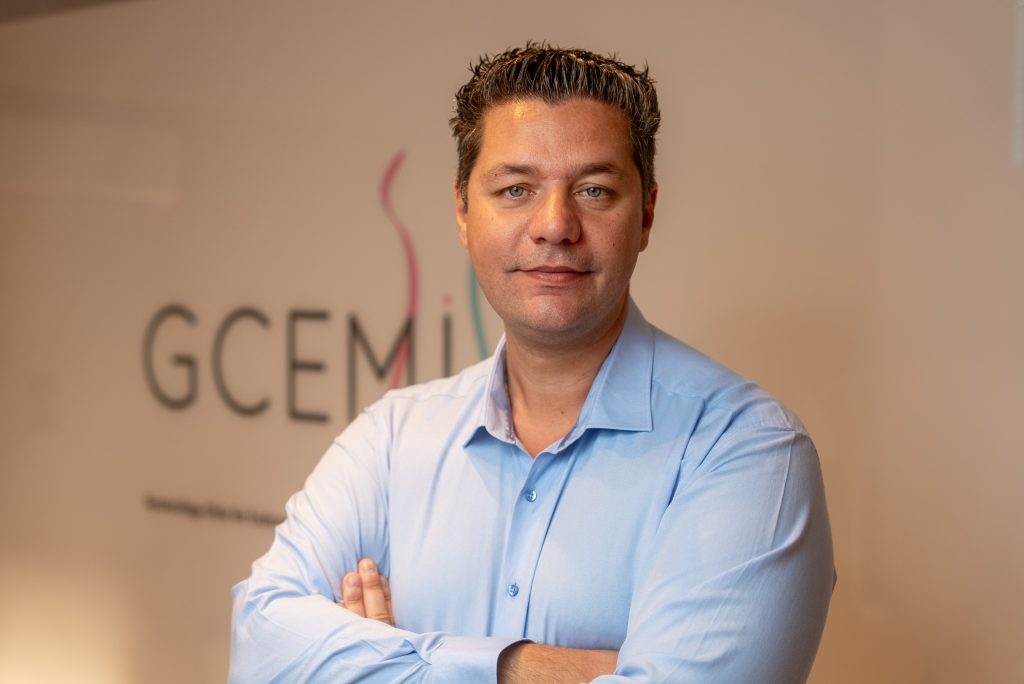Konstantinos Kyriakopoulos, M.D., Endometriosis Specialist, Minimally Invasive Gynecologic Surgeon
City: Athens, Greece
Philosophy: Even though endometriosis is a prevalent and unique disease, its pathophysiology stills remains a mystery. I believe that this disease is multifactorial. Moreover, I firmly believe in genetic and epigenetic factors contributing to endometriosis. Hopefully, with the progress in bioinformatics, we will eventually have more valuable information regarding the onset and course of that disease.
Medication: In my practice, I firmly believe that excision surgery is crucial. Complete excision of all the endometriotic lesions gives far better results in controlling pain or sustaining fertility and lower recurrence rates than medication use. I believe that suppression after excisional surgery is unnecessary unless the excision was incomplete. Medication like contraceptive pills, progesterone supplements, or GNRH analogs in my practice is reserved for women who want to control pain until the day of the operation or for patients that want to control pain but definitely avoid surgery. In cases of adenomyosis, I recommend the use of Mirena coil.
Approach to Persistent Pain After Surgery: Patients are followed up closely after operations.
That way, we can monitor their progress. If symptoms persist, evaluation for other causes of pain is undertaken, referral to the pain management team, and physiotherapy. Anti-inflammatory drugs and nerve blocks can be beneficial in situations where symptoms persist.
Qualifications
Specialties
- <ul > <li >Endometriosis Excision Surgery</li> <li >Pelvic Endometriosis</li> <li >Fertility and Endometriosis</li> <li >Endometrioma</li> <li >Bowel Endometriosis</li> <li >Diaphragmatic Endometriosis</li> </ul>


